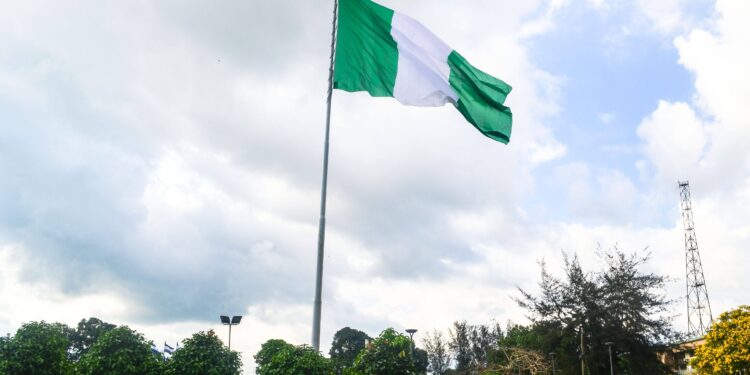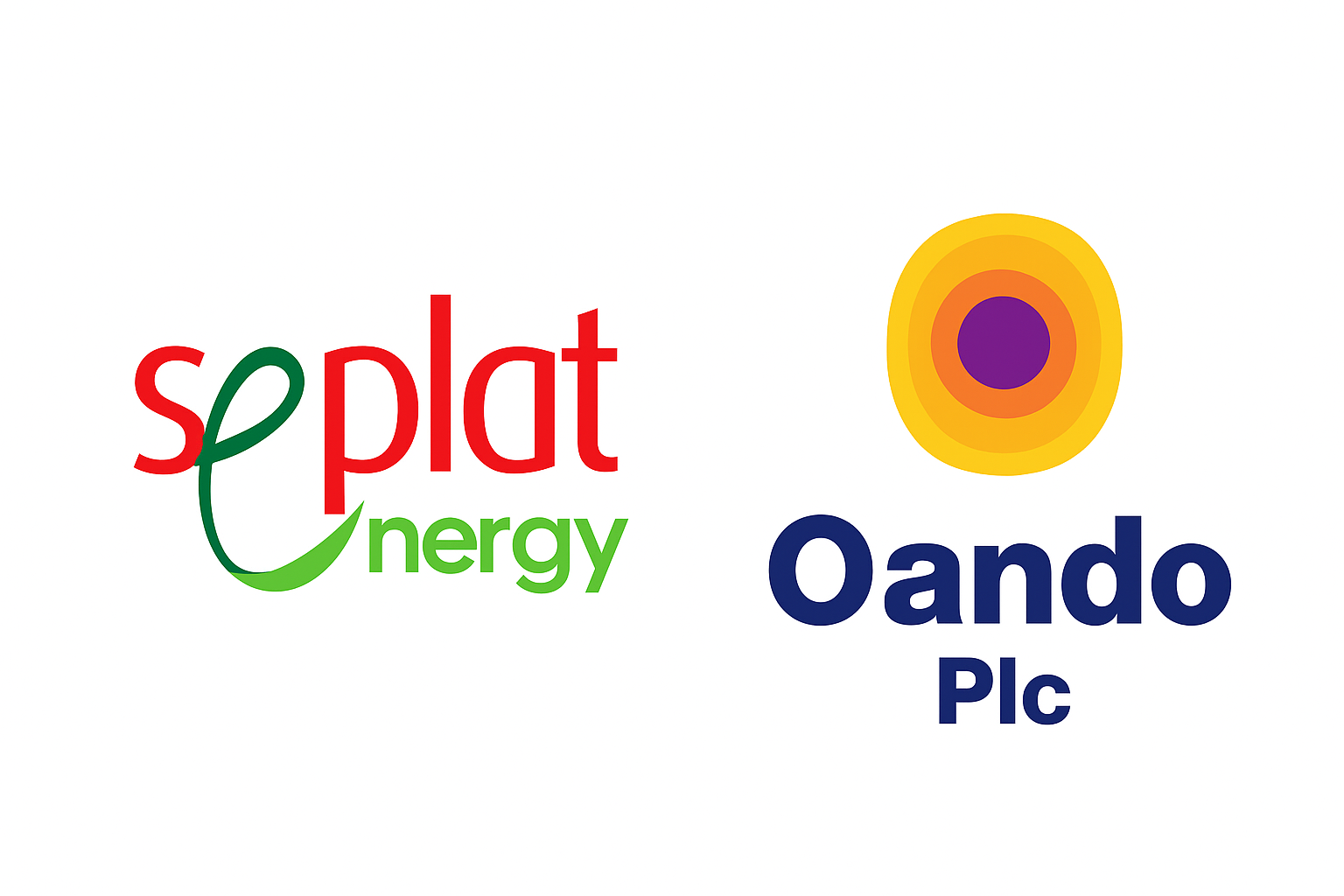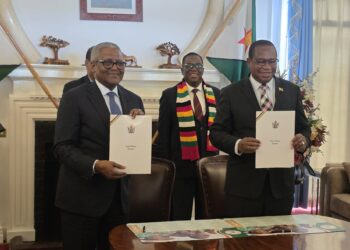A phrase so common in Nigeria that it has become both a question and a warning.
It’s not asked to seek information; it’s used to intimidate, silence, or remind you that in this country, power speaks louder than principle.
In Nigeria, “oga” simply means boss.
But over time, it has grown into a symbol of unquestioned authority — a hierarchy that rewards fear, not fairness.
From the motor park to the ministry, the phrase has become a social weapon, deployed to remind people of their “place” and to protect those at the top from accountability.
A Conversation That Still Haunts Me
I vividly remember a conversation with a friend who had just returned to the United Kingdom from Nigeria many years ago.
Out of curiosity, I asked him how his trip went. His answer left me dumbfounded — and I have never forgotten it, even over two decades later.
He said, and I paraphrase:
“There’s one thing you need to know about Nigeria. There are two populations — the people you call ‘Oga’ and the people who call you ‘Oga’.
If you want to live a good life, make sure those you call ‘Oga’ are not more than those who call you ‘Oga’.”
At first, it sounded like a joke. But in truth, it was a reflection of a deeply rooted social order — a hierarchy so entrenched that one’s survival often depends on managing power relationships, not pursuing fairness or excellence.
It was a statement on how our society has been conditioned to navigate power, rather than challenge it.
A Culture That Punishes Questions
In many Nigerian workplaces, questioning your superior is seen as an act of disrespect.
Even when the “oga” is wrong, silence is expected.
This fear of authority has created a culture where competence is secondary to connection, and where titles carry more weight than talent.
The consequences are everywhere.
- Innovation is stifled.
- Corruption thrives.
- Mediocrity is promoted.
And bright, capable Nigerians learn early that the easiest way to survive is to obey — not to think.
We’ve built a system where asking “why?” can end your career, and where saying “yes, sir” becomes a survival skill.
This is not respect; it’s submission disguised as civility.
How Developed Societies Do It Differently
In developed societies, questioning authority is not rebellion — it’s responsibility. Junior employees are encouraged to challenge ideas. Citizens question presidents and prime ministers in public debates.
Transparency and feedback are built into governance and corporate systems. In these environments, leadership is accountable and accessible. Decisions are based on evidence, not ego. Progress comes from debate, not decree.
The difference is not intelligence — Nigerians are some of the brightest people in the world — the difference is culture.
The Price of the “Oga” Mentality
The “who is your oga” culture weakens our institutions and damages our economy and nationhood.
It encourages loyalty to individuals instead of loyalty to institutions and systems.
It fuels corruption because access is based on “who sent you” rather than what you bring to the table.
It silences innovation and punishes honesty.
Imagine how many good ideas die in Nigerian offices every day because someone fears their “oga” won’t like it.
How many public servants know the right thing to do, but won’t act because they might offend a superior?
How many young professionals have been told, “You’re too forward” for simply thinking aloud?
This culture does not only silence voices — it slows national growth. It’s why reforms struggle to take root, why efficiency is rare, and why leadership often becomes performance rather than service.
From ‘Oga’ to Servant Leadership
Nigeria doesn’t lack leaders; it lacks listening leaders who embrace diversity, equity, and inclusion.
We need to move from an “oga” culture to a servant-leadership culture — one that values humility, collaboration, and accountability.
True leaders don’t silence their teams; they strengthen them.
Every leader — from the office supervisor to the governor — should be asking:
“Am I empowering people or intimidating them?”
Because the real measure of leadership is not how many people fear you, but how many grow under you.
Citizens too must play their part. We must stop glorifying power and start demanding responsibility. We must raise children who can think, question, and reason — not just obey.
A Call to Cultural Change
“Who is your oga?” should no longer be a question of power, but one of responsibility.
Every “oga” must see their role not as a throne, but as a trust.
If Nigeria is to grow into a nation that truly values innovation, justice, and excellence, then we must dismantle this hierarchy of fear.
The future will belong not to those who command silence, but to those who create space for dialogue.
So, the next time someone asks, “Who is your oga?”, perhaps the best answer is:
“The truth, the law, and the dream of a better Nigeria — they are my oga.”
About the Author
Abel Aboh is a UK-based Data and AI Leader, and governance board member of The Data Lab Scotland.
He serves on the Nominations and Technology Law and Practice Committees of the Law Society of Scotland.
Abel works in the heart of the City of London, is a member of the Broad Street Ward Club (one of the 25 wards of the City of London), and supports the causes of the Worshipful Company of Information Technologists (WCIT) — a livery company.
He has over two decades of experience in data management, technology, human resources, and governance.
A proud Nigerian from the Niger Delta (Delta and Bayelsa States), Abel is passionate about inclusive leadership, data, AI, education, finance, technology, trade, and empowering the next generation of African innovators and change-makers.




















